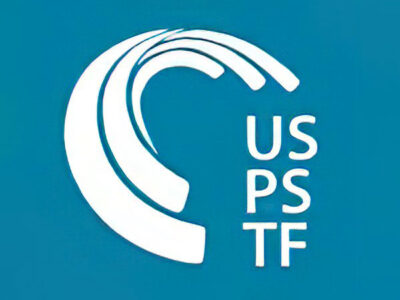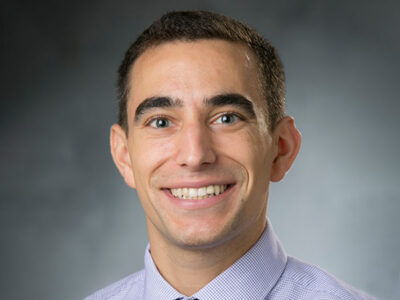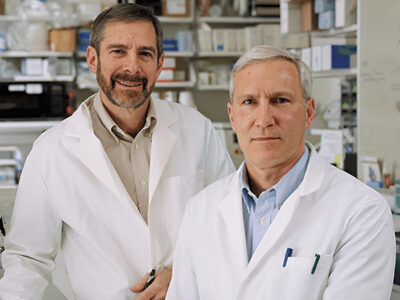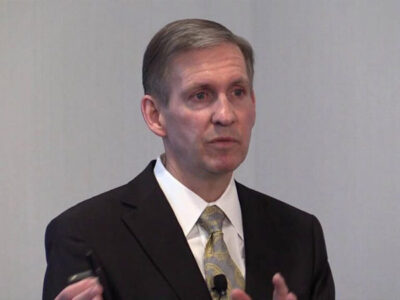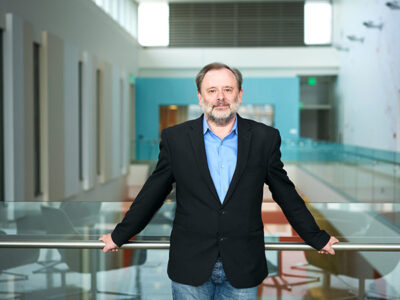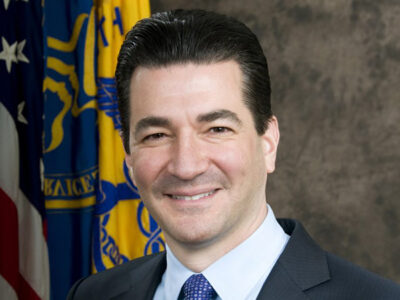Returning to Houston for a town hall meeting at MD Anderson on Sept. 27, Peter Pisters, the institution's freshly-appointed president, hit every note a guy in his position needed to hit: baseball, football, shared values, shared governance, book clubs, reminiscences on growing up nerdy in Canada, the story of how he met his wife, anecdotes from taking care of MD Anderson patients during Hurricane Rita.
To detect high-grade precancerious cervical lesions and cervical cancer, women ages 30 to 65 may no longer need to rely on co-testing, and can choose to either screen for high-risk human papillomavirus types or undergo cervical cytology, according to a recent draft recommendation released by the U.S. Preventive Services Task Force.
Funaro is a resident at Duke Pharmacy, Friedman is the James B. Powell Professor of Pediatric Oncology at Duke, and Weant is a clinical pharmacist in neuro-oncology at Duke Pharmacy.
Douglas Lowy and John Schiller received the 2017 Lasker-DeBakey Clinical Medical Research Award on Sept. 15 for research that led to development of the human papillomavirus vaccine.
Peter Pisters has been named president of MD Anderson Cancer Center and will begin in his new role later this year.
NCI has released its professional judgment budget proposal for the fiscal year 2019, requesting $6.38 billion—$1 billion more than FY17—to fully fund promising areas in cancer research.
In a 6-6 vote, ODAC says “maybe” to Sutent for adjuvant kidney cancer—
But at FDA “Maybe” has meaning
With frustrating photo finish voting results—6-6—still on the screen, FDA's cancer czar Richard Pazdur delivered an acerbic thank-you to members of the agency's Oncologic Drugs Advisory Committee:“Well, that's the end vote, it makes our job definitely easier,” said Pazdur, director of the FDA's Oncology Center of Excellence, who gets sarcastic sometimes.
Five UC Comprehensive Cancer Centers form consortium to pool patient data for translational research
Five academic cancer centers within the University of California system are putting together a single consortium to integrate their electronic health records, forming a clinical trials monolith that could be used by pharmaceutical companies doing research in the Golden State.
As the inaugural chair of the University of California Cancer Consortium, Alan Ashworth has to do a little cheerleading and a lot of pushing for integration of the electronic health records across the UC cancer centers.
FDA has a legitimate role to play in slowing down the cost of developing drugs, and it can do so by relying on good regulatory science, the agency's commissioner Scott Gottlieb said.



